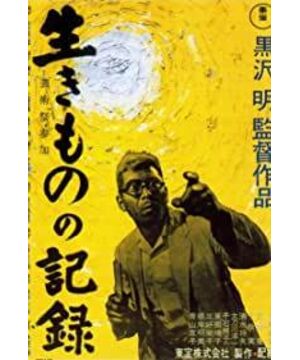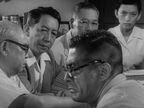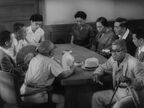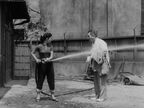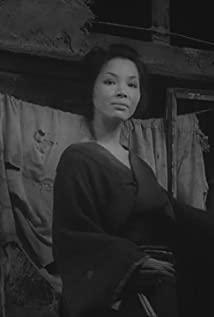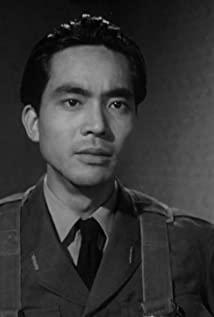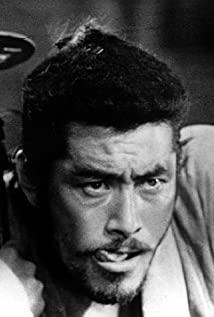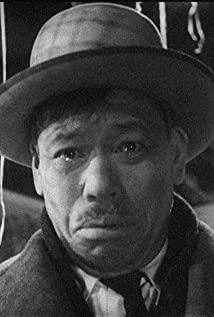In this film, the refined egoists have a strong anxiety about the nuclear war crisis and cannot fight against it, and the blind followers are not only powerless, but also hide or even deceive their awareness of the crisis. The two viewpoints in the film are extremely opposed. The children who want to stay in Japan believe that everyone will die sooner or later except their own life, and that war can happen anywhere, while the old man who insists on his own opinion shouts "I accept. The fate of death, but I don't accept murder." This is also the opinion of director Akira Kurosawa. In this film, the refined egoists have strong anxiety about the nuclear war crisis and cannot resist the anxiety, and the blind followers are not only powerless , but also to hide or even deceive their awareness of the crisis. In Akira Kurosawa's films, the protagonists are often in environments that are incomprehensible to ordinary people ("Redbeard", "Desire of Life", "Records of the Living People", etc.), they have their own right to choose, their own life and death themselves They are the ones who find and understand the meaning of life, not hearsay.
I am afraid that this contains Akira Kurosawa's reflection on World War II, that is, the conscious tendency to follow the crowd must be opposed. In the film, it is those ordinary people who gather together to maintain the stable status quo of life to obliterate an old man who called for a crisis. . This kind of thought-provoking phenomenon is the essence of this film.
View more about I Live in Fear reviews


